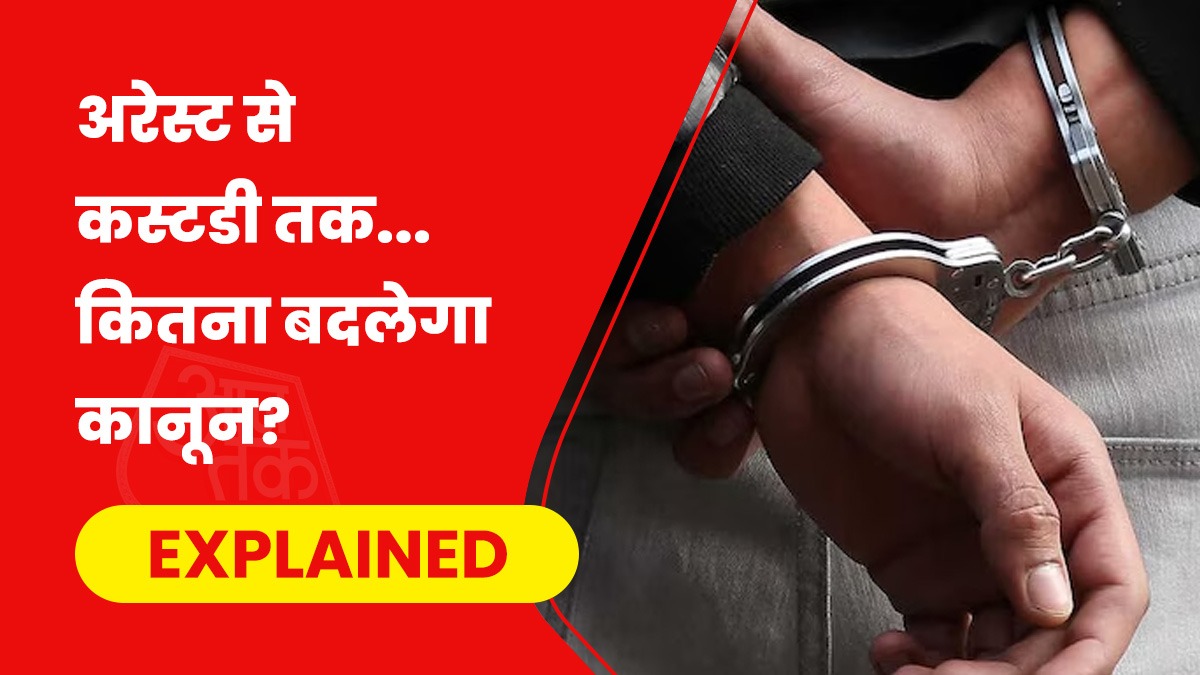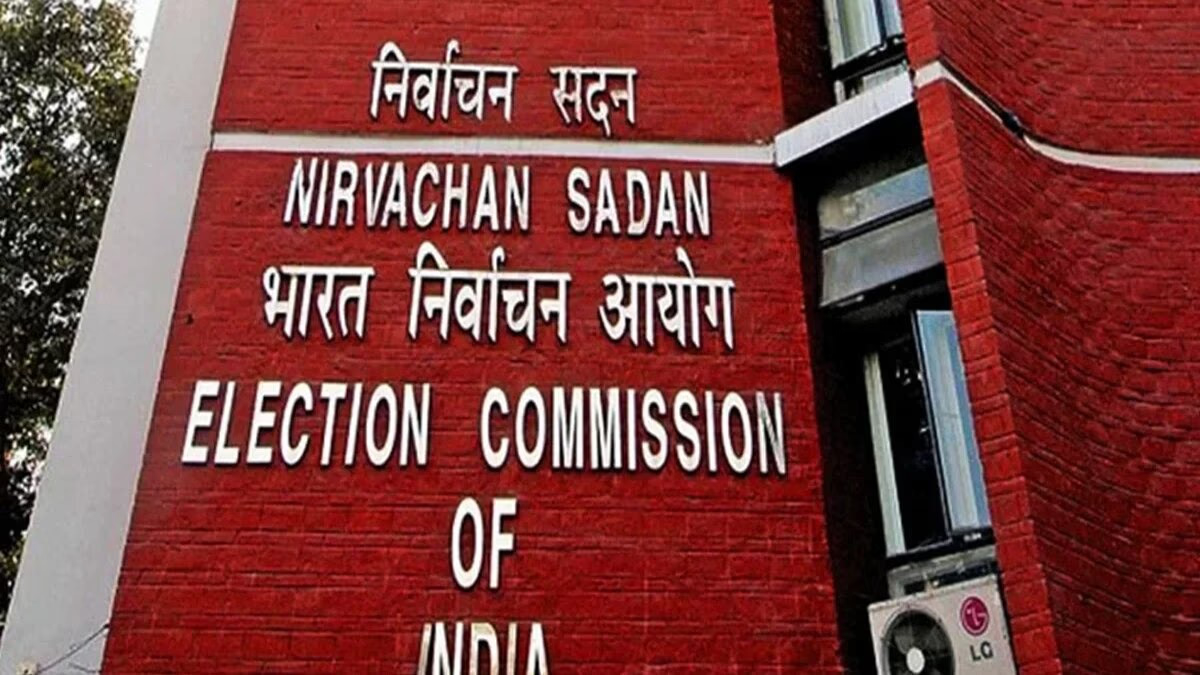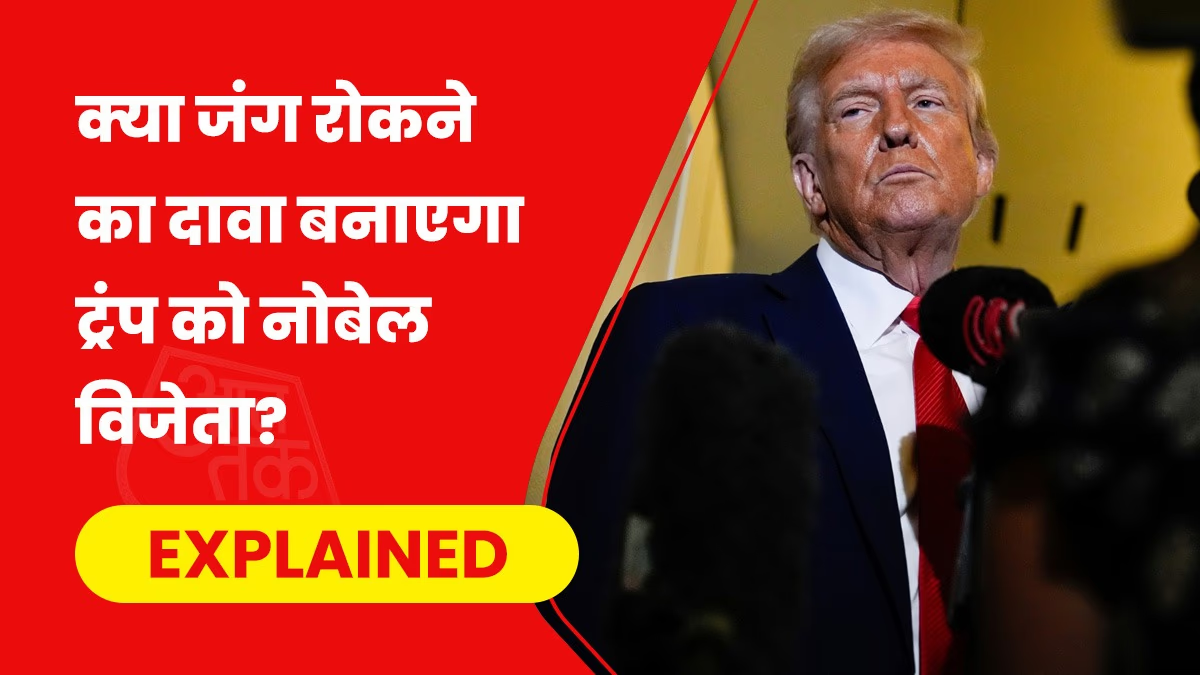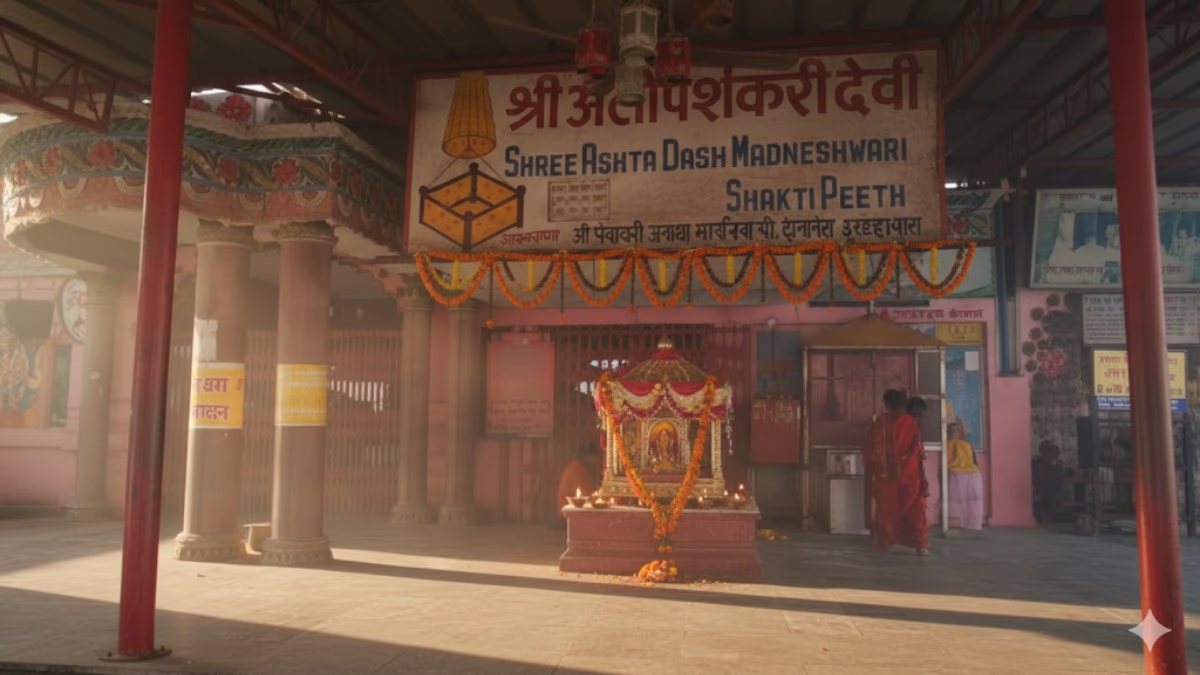Beginning July 1st, three novel criminal laws will be implemented. The Indian Penal Code of 1860 will be replaced by the Indian Justice Code, the CRPC by the Indian Civil Protection Code, and the 1872 Indian Evidence Act by the Indian Evidence Code.
The introduction of these three new laws seeks to eradicate antiquated regulations dating back to colonial rule and implement modern laws attuned to today's necessities.
With the enforcement of these fresh statutes, the criminal law system will undergo significant transformation. For instance, zero FIRs can now be filed anywhere nationwide. Approval from a senior official will be required for some arrests. The police are now empowered to handcuff suspects under specific circumstances.
Now, file a zero FIR anywhere
You'll be able to file zero FIRs across the country, complete with actionable sections. Previously, zero FIRs couldn't have specific charges attached. These FIRs must be transferred to the pertinent police station within 15 days.
The new law ups the ante on police accountability. Each state government must now appoint an officer at every police station who will bear the responsibility of maintaining all arrest-related details for every individual.
The police must now provide victims with a progress report related to their case investigation within 90 days. It's now mandatory for the police to submit a charge sheet within 90 days, although the court may extend this period based on the situation. The investigation must be accomplished in 180 days, or six months, after which the trial must begin.
The court is required to determine the charges within 60 days. Following the conclusion of the hearing, the decision must be proclaimed within 30 days, and sentencing should be announced within a week.
New rules on arrest procedures:
Changes to arrest regulations are not extensively modified. A fresh subsection 7 has been added to section 35 of the Indian Civil Protection Code regarding arrests of minor offenders and seniors.
According to section 35 (7), permission from a DSP or a higher-ranking officer is necessary before arresting someone for offenses punishable by less than three years. Similar procedures are mandated for arresting individuals over 60.
Nevertheless, the new law introduces rigor in police custody mandates. While an arrestee could previously be placed in police custody for a maximum of 15 days from the date of arrest, now the police can request custody anytime within 60 to 90 days for a 15-day period.
New handcuff regulations:
The 1980 Supreme Court judgment in the case of Prem Shankar Shukla vs. Delhi Administration declared handcuffing unconstitutional under Article 21, unless necessary reasons are recorded and magistrate's permission is obtained.
However, the Indian Civil Protection Code's section 43 (3) now stipulates provisions for handcuffing an arrestee or presenting them before the magistrate.
If a detainee is a habitual offender, has previously escaped custody, been involved in organized crime or terrorist activities, or committed drug-related offenses, they can be handcuffed during arrest or presentation before a magistrate.
Trials for fugitive criminals:
Until now, legal proceedings could only commence when the accused was present in court. But the new laws allow trials to proceed against declared fugitives.
If an accused does not appear before the court within 90 days of the charges being set, the trial will commence on the assumption that they have forfeited their right to a fair hearing.
Clemency petition amendments:
The convict sentenced to death has a last resort to seek sentence reduction or pardon through a clemency petition after all legal avenues are exhausted.
There used to be no time limit to file such a petition, but now, under section 472 (1) of the Indian Civil Protection Code, the convict must submit it within 30 days after exhausting legal options.
The president's decision on the clemency petition must be informed to the central government, state home department, and the prison superintendent within 48 hours.




